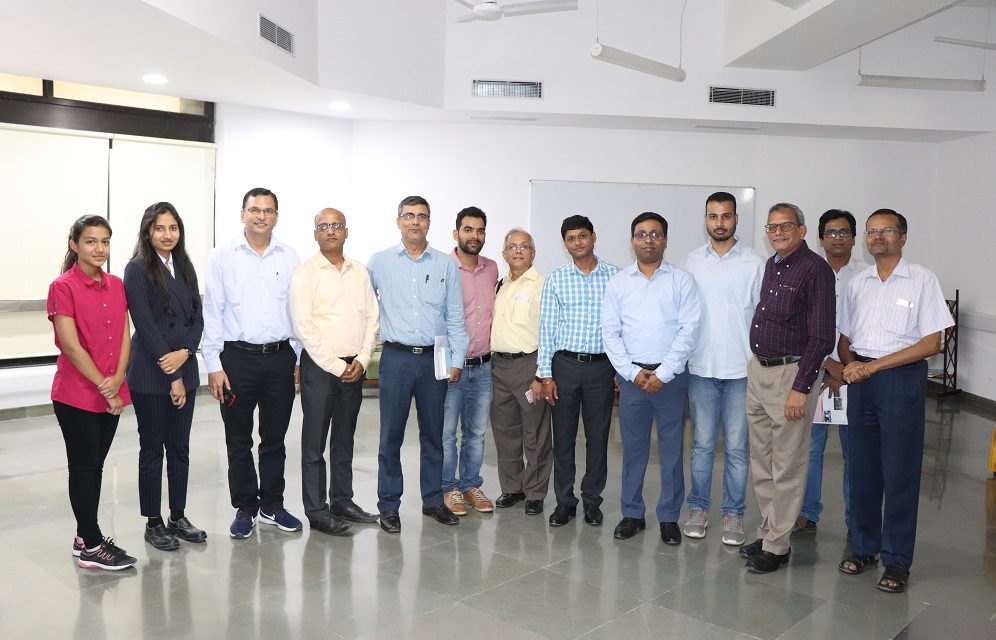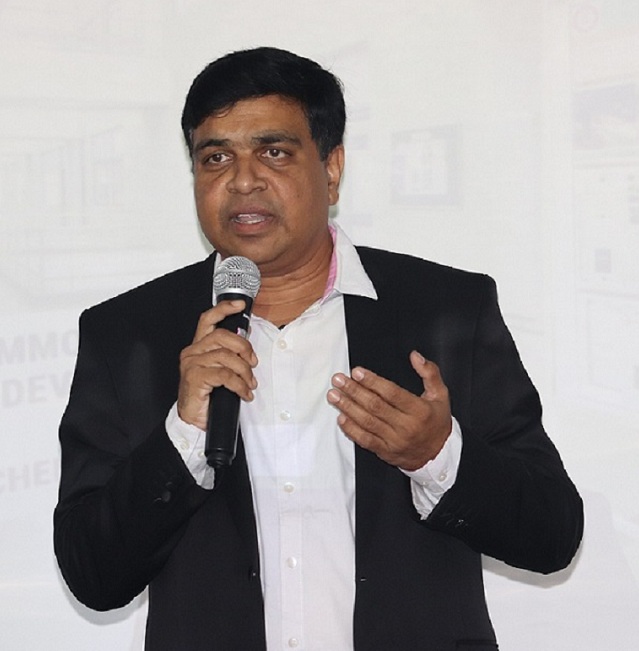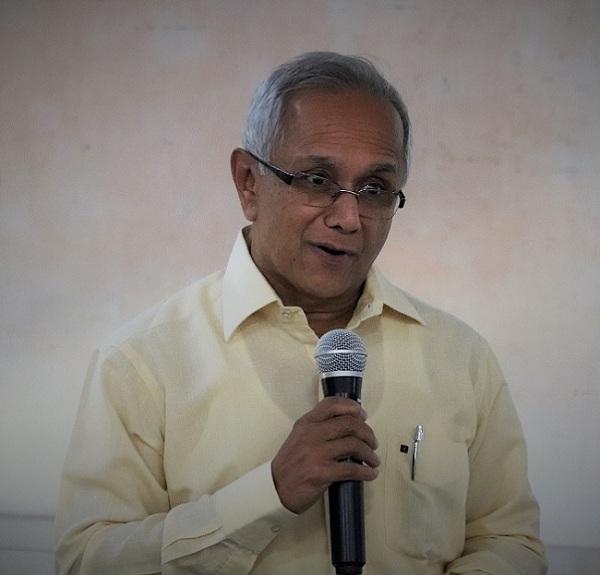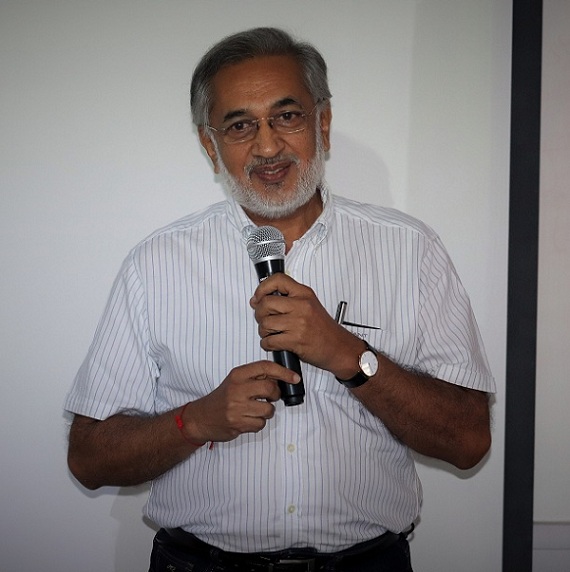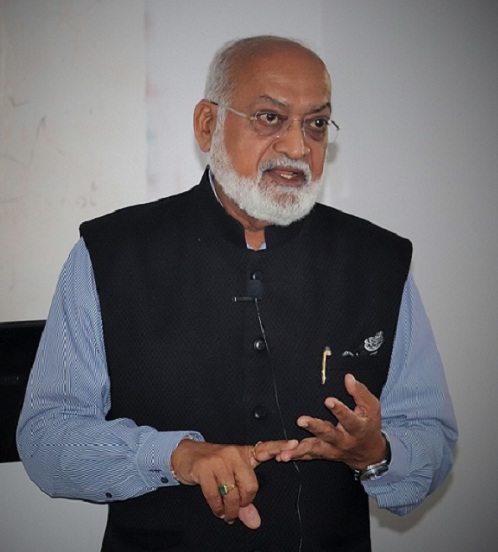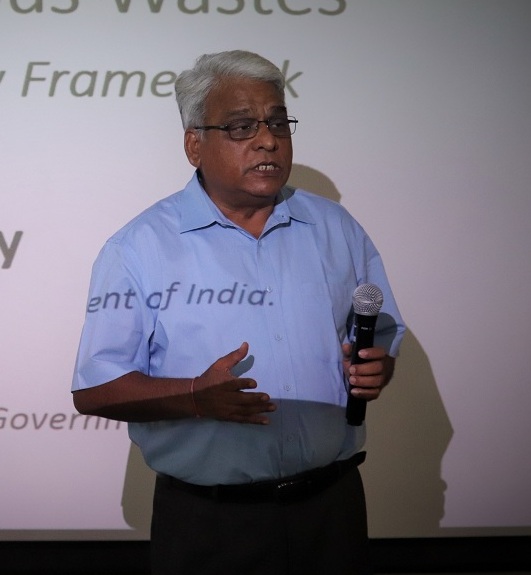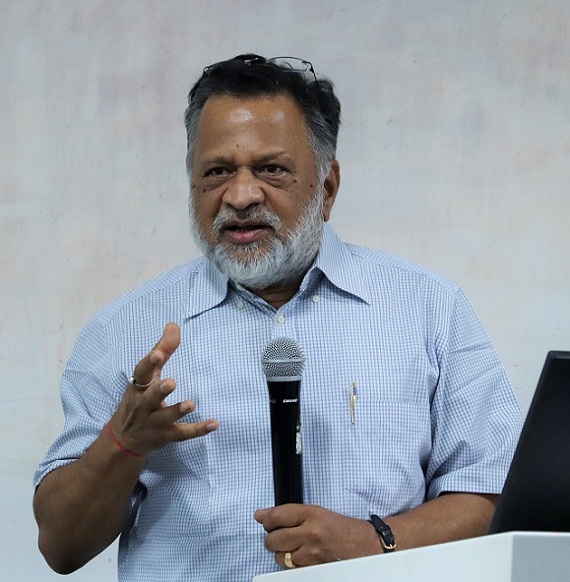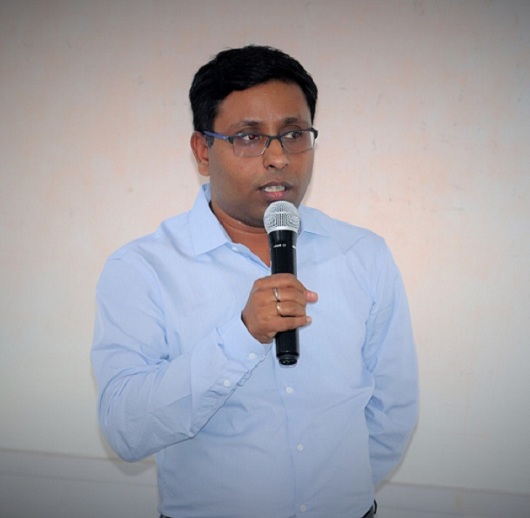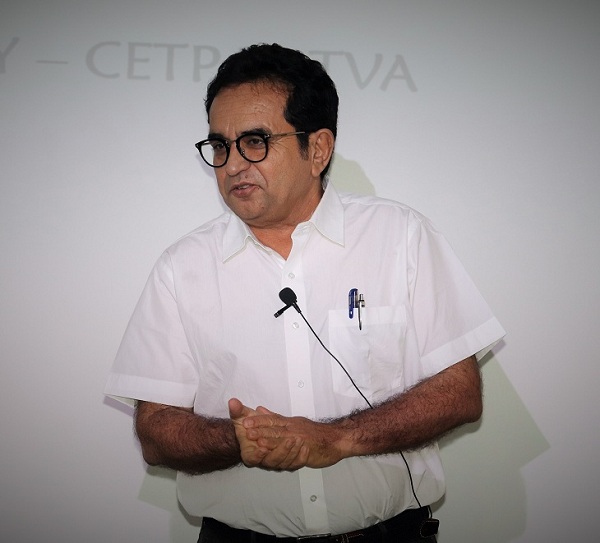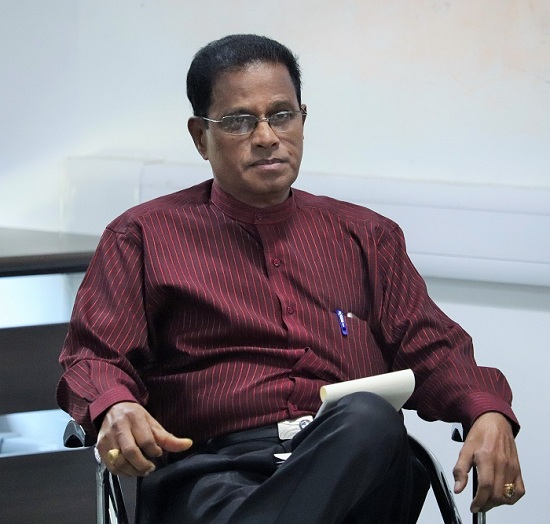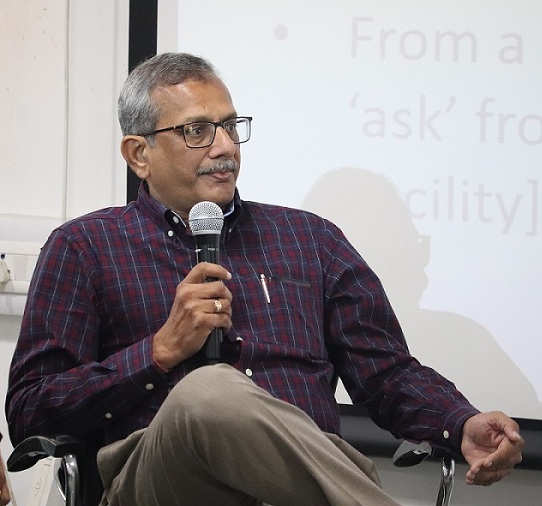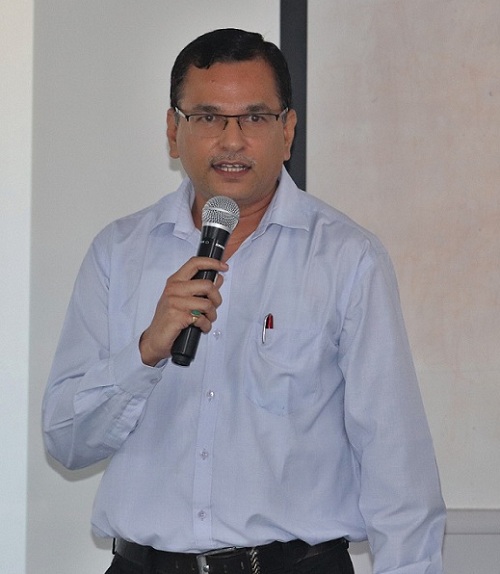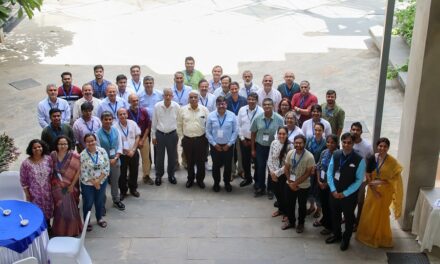The CRTDH facilities, along with such workshops, will help the dye and textile industry to cope with the technology upgradation as well as future policy changes likely to affect the industry. CRTDH @IITGN is already working with several industry partners. We welcome all to come reach out and collaborate with us and benefit from the facility.
Prof Chinmay GhoroiThe institute has set up a Common Research and Technology Development Hub (CRTDH) on Chemical Processes at its campus. Gujarat, which has the largest number of the dye, textile, pharma and chemical units in the country, faces the challenge to ensure that the environmental norms are strictly adhered to. Focusing on the dye and textile industry, nearly 80 per cent of the total dye production capacity of India happens in Gujarat. This is due to the availability of raw materials and dominance of the textile industry in the regions. The CRTDH facility at IITGN, funded together by the Department of Scientific and Industrial Research (DSIR) and IITGN has taken up this challenge on a priority basis.
The state-of-the-art facilities at DSIR-IITGN-CRTDH and the knowledge base of IITGN along with the other facilities at IITGN are designed to serve as a one-stop solution for dye and textile industries. The recent interactions with industry partners resulted in several proposals to develop an improved effluent treatment process for dye and textile industries. The centre aims at helping micro, small and medium enterprises (MSMEs) in the dye and textile sector along with the other chemical industries for process improvement, research, training and testing of the raw materials & products to give them an advantage in the competitive market.
As part of its outreach programme, the CRTDH in association with Underwriters Laboratories (UL) arranged a one-day workshop on Reducing Discharge of Hazardous Chemicals in Dye and Textile Industries at IITGN on October 24.
The workshop was aimed at acting as a basic information provider for the upcoming regulations, especially on Zero Discharge, thus helping the industry stay informed and enable them to take necessary action to reduce the discharge of hazardous chemicals. The event was primarily for the industry partners interested in Zero Discharge of Hazardous Chemicals (ZDHC) , environmental and energy specialists, researchers and academics engaged in industrial pollution management, technology providers, policymakers and regulators.
The workshop was organised with the vision of developing support and capacity-building for the ZDHC Policy 2020. Several eminent industry experts from dye and textile industry spoke during the workshop, along with the UL and IITGN faculty in the programme. The workshop was also graced by Mr D R Parmar (deputy commissioner & joint commissioner of industries, Industries Commissionerate, Government of Gujarat).

